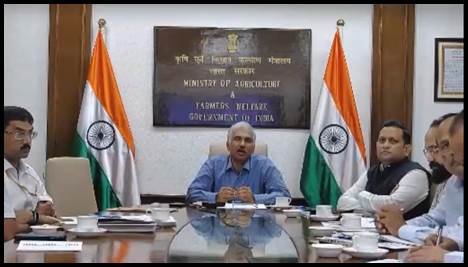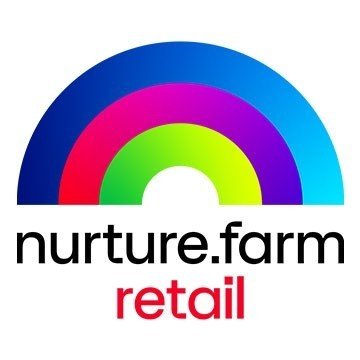Cargill, John Deere collaborates to streamline the digital in-field experience for farmers
The collaboration will streamline program enrollment and field data management through John Deere Operations Centre
Cargill and John Deere are announcing a collaborative effort to streamline the digital and in-field experience for farmers using John Deere technology and electing to participate in the Cargill RegenConnect program.
Cargill RegenConnect provides farmers with a financial incentive for positive environmental outcomes through the adoption of regenerative agriculture practices while helping to improve soil health and decarbonise the agriculture supply chain. John Deere’s precision ag technology and digital platform, Operations Centre, helps farmers to implement and document the practices they choose to adopt as part of Cargill RegenConnect.
John Deere and Cargill will work together to help farmers adopt and use precision technology and synchronise the flow of information when they opt-in to share data between systems. Farmers will be able to use existing planting, harvest and tillage documentation data stored in the Operations Centre, easily fill in missing information, and enrol in the 2023 Cargill RegenConnect program. This will help farmers save time, assure greater accuracy of data and offer the most up-to-date, consistent, and comprehensive view of their operation.
“John Deere and Cargill have a shared vision for advancing sustainability through digital capabilities that support farmers. Farmers will have another tool in their toolbox to make the best decisions about sustainability and profitability for their farm,” said Alexey Rostapshov, Head of Sustainability Solutions for John Deere. “The connection to Operations Centre provides Cargill RegenConnect participants with the opportunity to learn about the program, manage and implement practice changes, and sync data across systems. This will save farmers time and empower them to make the best agronomic and economic decisions for their farm.”
The streamlined Operations Centre functionality will be rolled out and enhanced over several program years. The Cargill RegenConnect program is available to all Operations Centre users in 24 US States. Farmers will be able to work directly with their John Deere dealer to learn about equipment and technology available to implement practices eligible under the Cargill RegenConnect program and to ensure the as-applied documentation data is complete.
“Organising and providing data to seamlessly participate in environmental markets through programs like Cargill RegenConnect not only helps farmers get organized on the front end to better manage their on-farm data but also prepares them to participate in future market opportunities,” said Chantelle Donahue, North American Agriculture Supply Chain Vice President, from Cargill.
Cargill RegenConnect is in its third year. This program pays farmers for improving soil health based on the regenerative agriculture practices they have adopted including cover crops, no-till or reduced till. Eligible acres must have a primary crop of corn, soy, wheat, or cotton.
The collaboration will streamline program enrollment and














